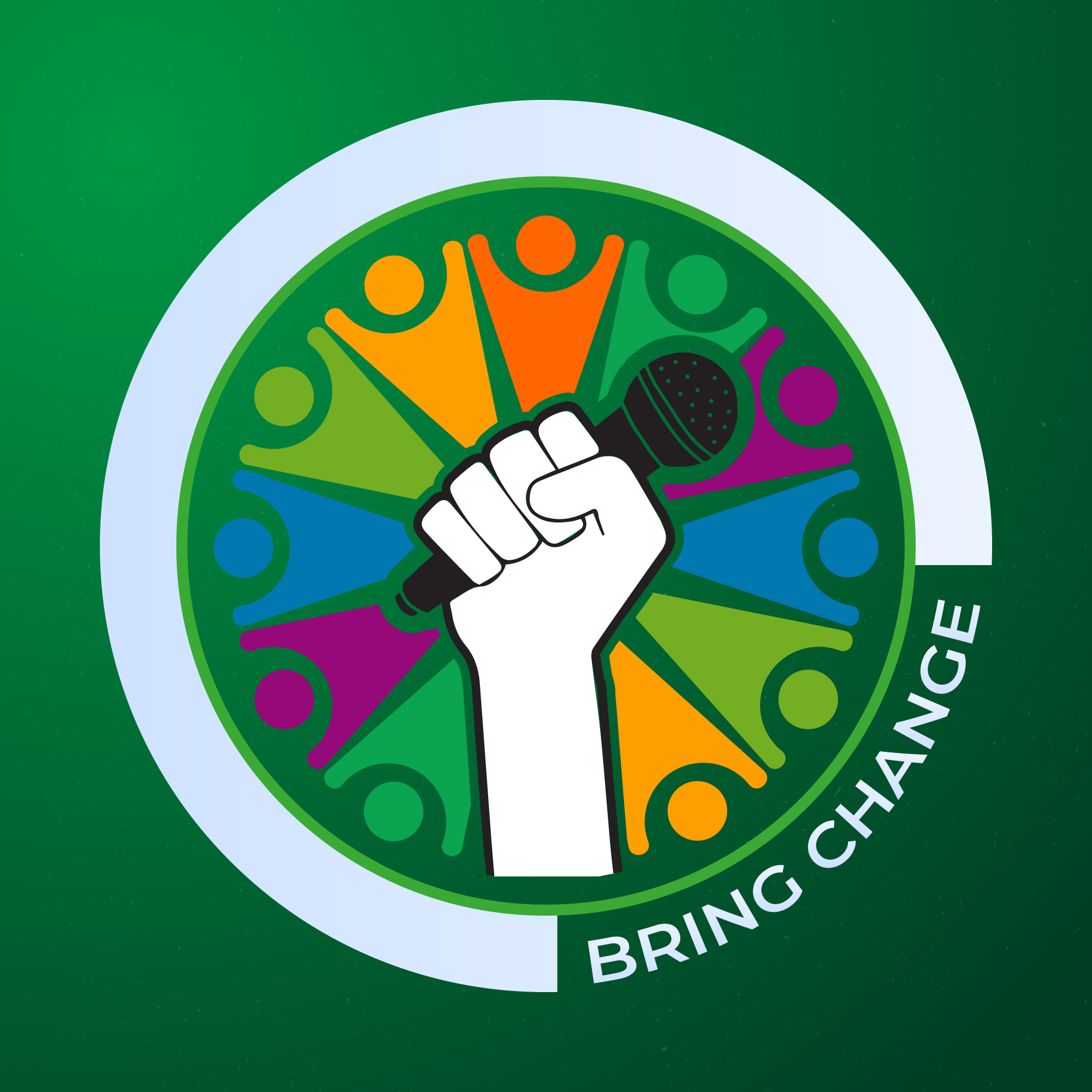From a Room in Hathazari
I don’t remember the exact date. Maybe it was ninth grade. Maybe a little later. But it was definitely before university—before anyone expected me to be thinking about how the world should work.
I was living in Hathazari—a quiet little town in Chattogram. Just five minutes from our house stood one of the largest madrasas in the country: Darul Ulum Hathazari. Their mosque was where I often prayed with my grandfather, Papa, and the elders. And every year, they held a three-day conference—their biggest event, where the most respected hujurs from across Bangladesh would come and speak.
The entire town could hear the speeches. They placed massive loudspeakers all around the madrasa. You didn’t have to attend—you just had to be present in Hathazari.
That year, I was home. Listening.
One hujur was talking passionately about Islamic finance. He condemned the traditional banking system, calling it un-Islamic. He spoke for a long time, building the case for why Muslims must reject interest-based institutions.
I waited for a solution. Nothing came. The speech ended. The speakers fell silent. But something in me didn’t.
That evening, my friends came over—as they always did. My home had become our little adda spot. I told them what I’d heard, and then—for the first time—I heard myself say something that would define my future: “If they want to reject the system, they should first build one.” That was the spark. I didn’t know it yet. But it was the beginning of something. A need in me. A call to not just criticize but to create.
A few months later, it happened again.
Another hujur’s speech—this time on education. He was lamenting how Muslims had fallen behind. I looked at the madrasa system. Then I looked at the general education system. And I asked myself, why do we split knowledge like this? Why is the Qur’an on one side and science on the other? Why are faith and technology walking different roads? And more than anything—why are we failing to build systems that bring them together?
By then, I had started noticing more.
My father was a government agricultural development officer. Through him, I saw how ministries ran. I realized—the people running these institutions often had no expertise in what they were governing. The agriculture minister didn’t know farming. The education minister wasn’t an educator.
I said to my friends, “That’s why this country is stuck. The ministries are not built on knowledge. There’s no alignment between power and qualification.” They replied, “But if you mandate qualifications, you’re going against democracy.”
I didn’t have a full answer then. I still believed in democracy as a good system. But a seed of doubt had been planted. I didn’t reject democracy—but I began questioning if what we were calling democracy was truly enough.
Then came the day I first saw the World Beauty Pageant.
The name excited me—World. I imagined something beautiful: a process where local communities, districts, regions, countries all contributed to selecting the finest from the entire planet. A real global selection. A celebration of human expression across every culture. But it wasn’t that. It was a TV show. A private event. Not truly global. Not truly inclusive. Not truly fair. And again—the voice inside me said, “Even what they call ‘world’ is often just business in disguise.”
These weren’t just childhood thoughts. They were early warnings. I wasn’t trying to be a philosopher. I wasn’t planning a system. I was just a boy—listening, watching, wondering why everything felt so small, so broken, so unfair. And I began to ask the questions that would shape the rest of my life. What if the problem isn’t just leadership but the system itself? What if fairness is not optional—but structural? What if we could rebuild the world—not with power—but with alignment?
This was the beginning of Equitism. Even if I didn’t yet know its name.




